
Premier Li Keqiang visits a middle school in Lushan, Southwest China’s Sichuan province, on April 24, 2016. The school was rebuilt after it was destroyed in the deadly earthquake three years ago. Premier Li said we must build schools that are solid enough to resist any disaster. “Only by building strong schools and hospitals can people feel safe,” he said. [Photo/Xinhua]
“Education is a crucial factor in preventing poverty from being passed down, so no matter how limited the budget is, we should make efforts to provide quality public education,” said Premier Li Keqiang at a conference on women and children on Nov 18.
In fact, the State Council has issued several policies on education in 2016.
Care for left-behind children
In a document issued on Feb 14, the State Council urged reinforced efforts to protect and take care of “left-behind” children in rural areas.

The policy targets children below the age of 16 whose parents have left home for non-farming jobs or who have one parent away and the other incapable of guardianship.
The State Council called for coordination among families, governments, schools and NGOs, providing care and protection for left-behind children. A rescue mechanism that includes intervention measures such as mandatory reporting, crisis management and assistance evaluation will prevent infringements on the rights of the children. Local authorities are also urged to provide assistance to left-behind children so that they will not drop out of school because of poverty.
Promoting physical education
The State Council on May 6 issued a document to promote campus physical education and improve students’ physical health.

The document urged schools to ensure the time and quality of sports lessons and encouraged students to join more after-class exercises.
It asked for joint efforts from schools, families and communities to guarantee at least one hour of exercise every day for each student.
By 2020, campus physical education is expected to reach a national standard, and students’ sports lessons and exercise time can be fully guaranteed, it said.
Curb campus bullying
A guideline was issued on Nov 11 by the Ministry of Education and eight other departments to curb campus bullying.

It urged schools to improve campus safety management — setting up precaution and emergency mechanism, providing effective security and patrol services on campus, forbidding students from bringing knives and other dangerous equipment.
Once bullying is noticed by schools or parents, they should tell each other and report to upper education authorities and public security agency to deal with, if necessary.
Plan for elderly education
On Oct 19, the State Council issued a plan to provide more resources for elderly education (2016-2020).
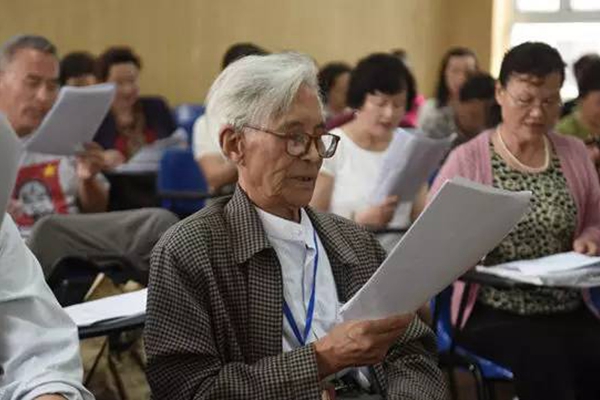
It said adult colleges should be more open, providing quality education to senior citizens from different social groups and communities. Resources such as libraries and cultural and sports facilities should be open to local elderly people, said the document.
Efforts should also be made to enrich education methods, and explore new study modes at elderly-care centers and nursing homes.
Support for rural teachers
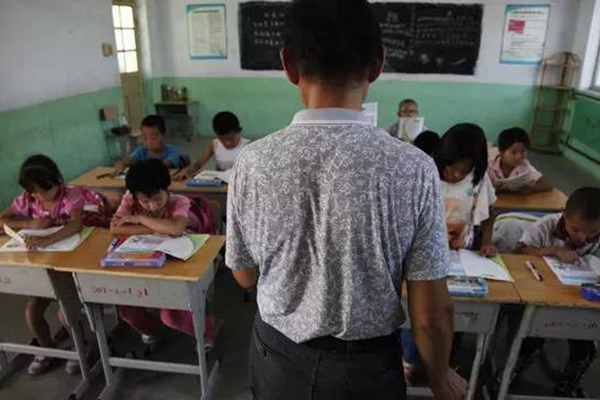
A circular was jointly released in March to support teachers in rural schools, by the Ministry of Education and Ministry of Finance.
It said 70,000 people would be recruited in 2016 to serve as rural teachers in western regions and other poor regions.
The central government will provide wage subsidies for those teachers.
Reform on college instructors’ evaluation system
The Ministry of Education issued a guideline in September to reform the performance evaluation system for college instructors.

It urges colleges to change the quantitative evaluation indicters that depend too much on the number of papers teachers publish and the patents, research projects and funding that they apply for.
Promote education in middle and west China

In May, the State Council issued a guideline to promote education in middle and west China. It sets up a goal for schools at different levels to be improved significantly by 2020, and the enrollment rate at high schools and vocational schools to reach 90 percent.
Measures proposed include improving schools’ teaching and life facilities, training rural teachers, investing more in major colleges and improving the education of ethnic groups and disabled people.
Compulsory education reform in urban and rural areas
Reform to bridge the gaps between compulsory education in urban and rural areas will be implemented, according to a circular issued by the State Council on July 11.
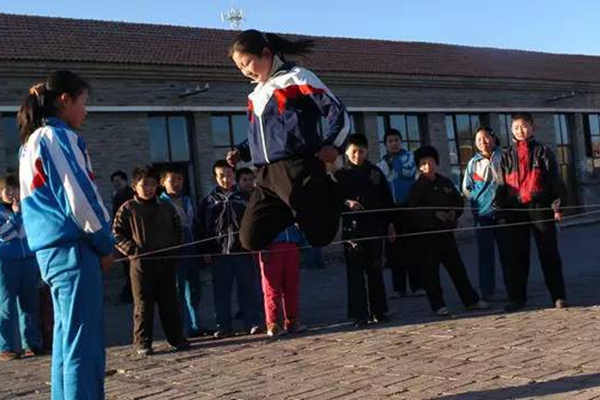
To make sure students can go to school in nearby neighborhoods, local governments should build schools while carrying out residential construction projects, the State Council said.
Education standards at boarding schools and small rural schools will be improved, and subsidies for them will be increased accordingly.
Big classes with more than 56 students will be gone by 2020 to ensure teaching quality.
Say no to paid extra lessons
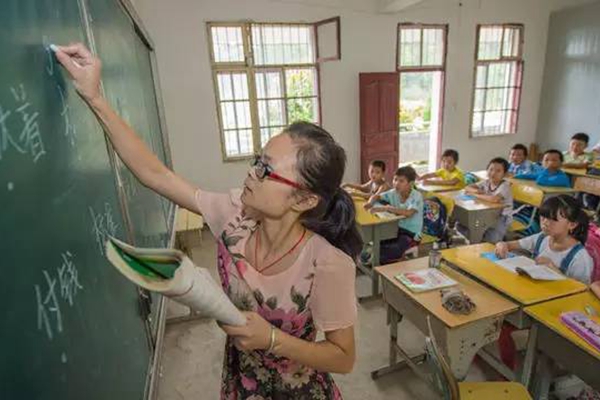
In June, the Ministry of Education issued a circular urging local educational authorities to crack down on paid extra lessons in middle and primary schools, especially those organized during summer and winter vacations and national holidays.
Government will adopt a zero-tolerance policy on teachers who intentionally withhold teaching material in order to hold paid extra lessons.
Waive high school fees for poor students
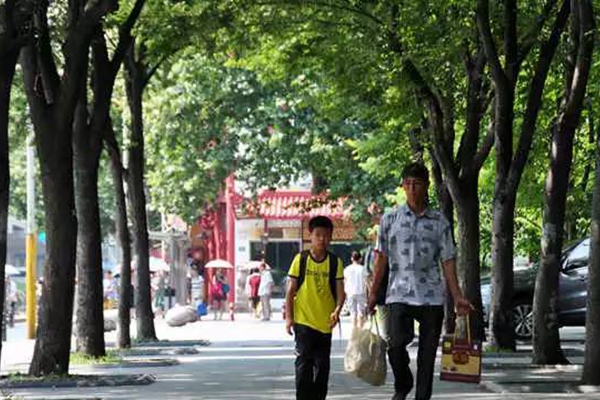
A joint circular was issued by the ministries of Education and Finance in August, to waive high school tuition fees for poor students, including those from registered poor families and disabled poor students.
